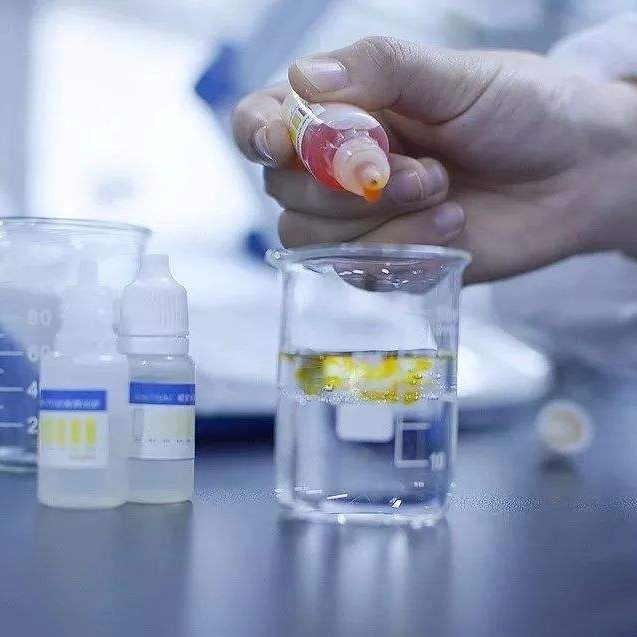
-
 Afrikaans
Afrikaans -
 Albanian
Albanian -
 Amharic
Amharic -
 Arabic
Arabic -
 Armenian
Armenian -
 Azerbaijani
Azerbaijani -
 Basque
Basque -
 Belarusian
Belarusian -
 Bengali
Bengali -
 Bosnian
Bosnian -
 Bulgarian
Bulgarian -
 Catalan
Catalan -
 Cebuano
Cebuano -
 China
China -
 China (Taiwan)
China (Taiwan) -
 Corsican
Corsican -
 Croatian
Croatian -
 Czech
Czech -
 Danish
Danish -
 Dutch
Dutch -
 English
English -
 Esperanto
Esperanto -
 Estonian
Estonian -
 Finnish
Finnish -
 French
French -
 Frisian
Frisian -
 Galician
Galician -
 Georgian
Georgian -
 German
German -
 Greek
Greek -
 Gujarati
Gujarati -
 Haitian Creole
Haitian Creole -
 hausa
hausa -
 hawaiian
hawaiian -
 Hebrew
Hebrew -
 Hindi
Hindi -
 Miao
Miao -
 Hungarian
Hungarian -
 Icelandic
Icelandic -
 igbo
igbo -
 Indonesian
Indonesian -
 irish
irish -
 Italian
Italian -
 Japanese
Japanese -
 Javanese
Javanese -
 Kannada
Kannada -
 kazakh
kazakh -
 Khmer
Khmer -
 Rwandese
Rwandese -
 Korean
Korean -
 Kurdish
Kurdish -
 Kyrgyz
Kyrgyz -
 Lao
Lao -
 Latin
Latin -
 Latvian
Latvian -
 Lithuanian
Lithuanian -
 Luxembourgish
Luxembourgish -
 Macedonian
Macedonian -
 Malgashi
Malgashi -
 Malay
Malay -
 Malayalam
Malayalam -
 Maltese
Maltese -
 Maori
Maori -
 Marathi
Marathi -
 Mongolian
Mongolian -
 Myanmar
Myanmar -
 Nepali
Nepali -
 Norwegian
Norwegian -
 Norwegian
Norwegian -
 Occitan
Occitan -
 Pashto
Pashto -
 Persian
Persian -
 Polish
Polish -
 Portuguese
Portuguese -
 Punjabi
Punjabi -
 Romanian
Romanian -
 Russian
Russian -
 Samoan
Samoan -
 Scottish Gaelic
Scottish Gaelic -
 Serbian
Serbian -
 Sesotho
Sesotho -
 Shona
Shona -
 Sindhi
Sindhi -
 Sinhala
Sinhala -
 Slovak
Slovak -
 Slovenian
Slovenian -
 Somali
Somali -
 Spanish
Spanish -
 Sundanese
Sundanese -
 Swahili
Swahili -
 Swedish
Swedish -
 Tagalog
Tagalog -
 Tajik
Tajik -
 Tamil
Tamil -
 Tatar
Tatar -
 Telugu
Telugu -
 Thai
Thai -
 Turkish
Turkish -
 Turkmen
Turkmen -
 Ukrainian
Ukrainian -
 Urdu
Urdu -
 Uighur
Uighur -
 Uzbek
Uzbek -
 Vietnamese
Vietnamese -
 Welsh
Welsh -
 Bantu
Bantu -
 Yiddish
Yiddish -
 Yoruba
Yoruba -
 Zulu
Zulu
fiberglass food grade equipment
Fiberglass Food Grade Equipment A Staple in the Food Industry
In the food industry, maintaining high standards of hygiene and safety is paramount. One of the materials gaining popularity for manufacturing food grade equipment is fiberglass. Known for its durability, versatility, and compliance with safety regulations, fiberglass has become a preferred choice among food manufacturers.
Fiberglass is a composite material consisting of fine glass fibers and a resin matrix, making it both lightweight and strong. This unique combination not only enhances its structural integrity but also provides resistance to various environmental factors such as moisture and chemicals. These features are particularly advantageous in food processing environments where equipment is regularly exposed to harsh conditions and cleaning agents.
One of the primary benefits of fiberglass food grade equipment is its non-porous surface. This characteristic minimizes the risk of bacteria and other contaminants adhering to the equipment, thus ensuring a higher level of hygiene. Furthermore, fiberglass is easy to clean and can withstand high temperatures, making it suitable for diverse applications, from food storage to cooking and serving.
fiberglass food grade equipment

In addition to hygiene, fiberglass equipment offers significant cost savings over time. While the initial investment may be higher than traditional materials like metal or plastic, fiberglass's longevity and low maintenance requirements lead to reduced replacement and repair costs. This makes it an economically sound choice for businesses looking to optimize their operational efficiency.
Moreover, fiberglass is extremely versatile. It can be molded into various shapes and sizes to meet specific needs, accommodating everything from small utensils to large storage tanks. This adaptability enables manufacturers to customize equipment to fit their particular process workflows, further enhancing efficiency.
As food safety regulations become more stringent, the demand for reliable materials in equipment construction is on the rise. Fiberglass meets these regulatory standards, ensuring that businesses can operate confidently. Manufacturers can focus on productivity while being assured that their equipment supports both food safety and quality.
In conclusion, fiberglass food grade equipment presents a robust solution for the food industry. Its unique properties, including hygiene compliance, durability, and cost-effectiveness, make it an indispensable material in modern food processing. As the industry continues to evolve, the adoption of fiberglass is likely to grow, reflecting its crucial role in ensuring safe and efficient food production.
Latest news
-
Exploring the Benefits of Top Hammer Drifter Rods for Enhanced Drilling PerformanceNewsJun.10,2025
-
High-Precision Fiberglass Winding Machine for GRP/FRP Pipe Production – Reliable & Efficient SolutionsNewsJun.10,2025
-
FRP Pipes & Fittings for Shipbuilding - Corrosion-Resistant & LightweightNewsJun.09,2025
-
Premium FRP Flooring Solutions Durable & Slip-ResistantNewsJun.09,2025
-
Premium Fiberglass Rectangular Tanks Durable & Lightweight SolutionNewsJun.09,2025
-
Tapered Drill String Design Guide Durable Performance & UsesNewsJun.09,2025









